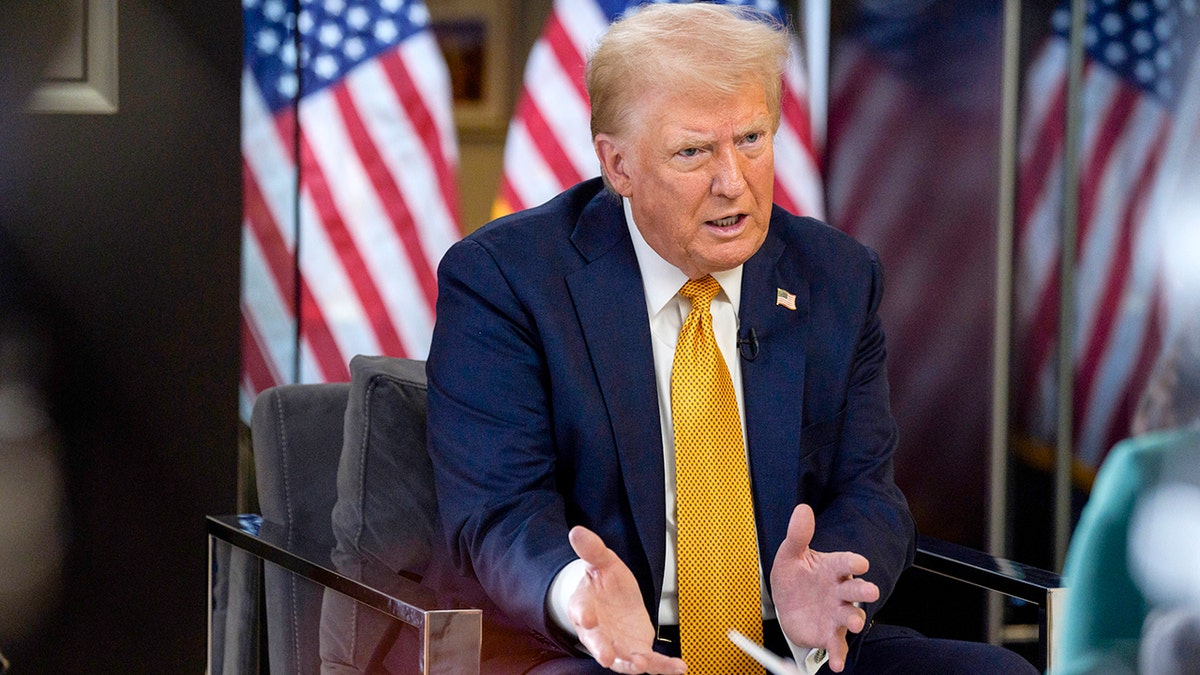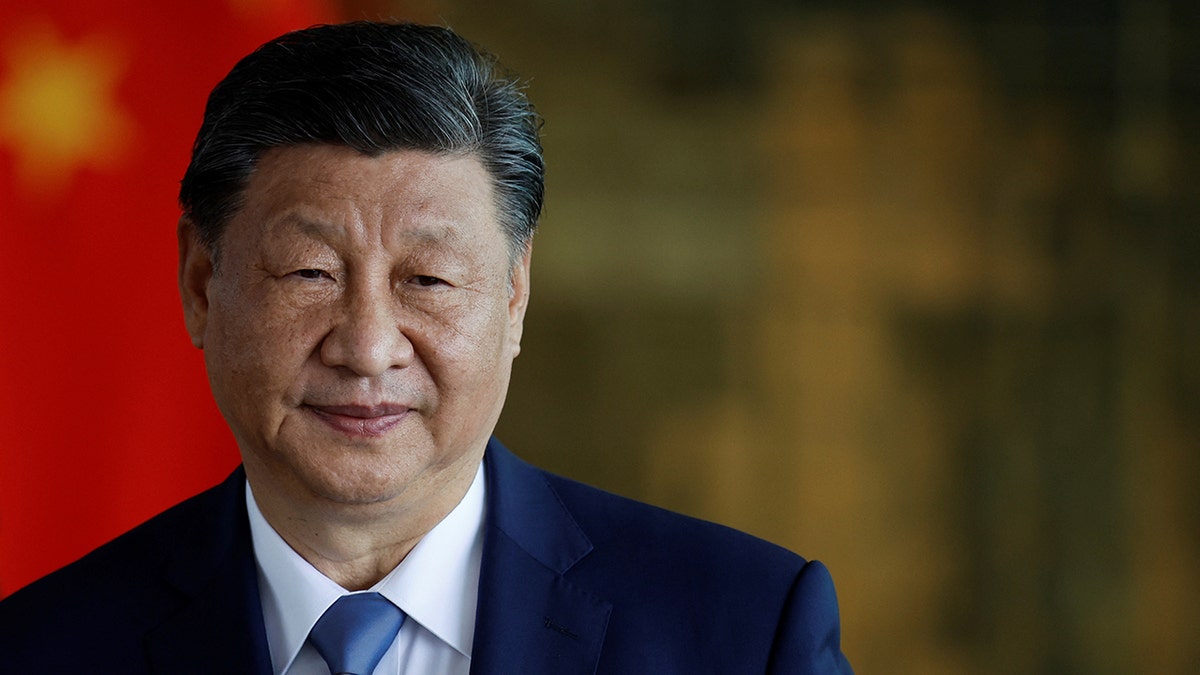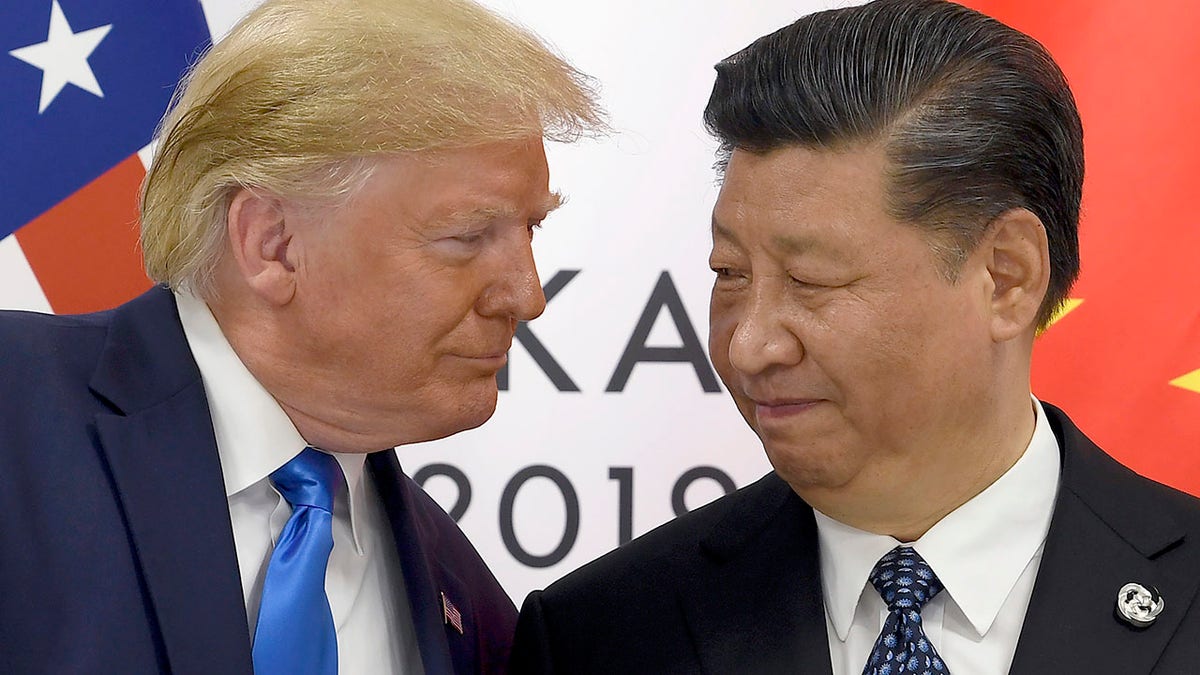Former President Donald Trump's unexpected invitation to Chinese President Xi Jinping to attend his inauguration sparked considerable speculation and debate. This unprecedented gesture, considering no Chinese head of state has ever attended a U.S. presidential inauguration, raised questions about Trump's intentions, particularly in light of anticipated trade tensions and escalating cybersecurity concerns.
While Trump emphasized a positive relationship with China, the invitation coincided with the revelation of a significant cyberattack, dubbed Salt Typhoon, attributed to Chinese hackers. This attack targeted major U.S. telecom companies, compromising the data of millions, including government-linked individuals. Adding to the complexity, a Chinese national was apprehended for allegedly operating a drone over Vandenberg Space Force Base in California.

Former President Donald Trump. (Peter Kramer/NBC via Getty Images)
China expert Gordon Chang criticized the invitation, viewing it as a projection of weakness given Xi's stance on the U.S. as an adversary and China's alleged role in the COVID-19 pandemic and the fentanyl crisis. Chang argued that such displays of friendship could be misconstrued by Chinese leadership as vulnerability, potentially emboldening them to exploit perceived advantages.
Trump's invitation fueled uncertainty about his approach to U.S.-China relations, especially after a campaign marked by discussions of substantial tariffs on Chinese imports. Such measures raised concerns among free trade advocates about potential impacts on inflation, a key issue during the Biden administration. Further complicating the situation are mounting military tensions in the Indo-Pacific, with China's assertive actions near Taiwan and other U.S. allies.

Chinese President Xi Jinping. (Reuters/Adriano Machado)

President Trump meets with Chinese President Xi Jinping during a meeting on the sidelines of the G-20 summit in Osaka, Japan, on June 29, 2019. (AP Photo/Susan Walsh)
Conversely, Lyle Goldstein, Director of Asia Engagement at Defense Priorities, interpreted the invitation as a positive sign of engagement, contrasting it with the Biden administration's more ideological approach. Goldstein emphasized the potential for devastating consequences of a new Cold War and highlighted the importance of addressing key issues like currency adjustments in U.S.-China trade relations.
Amidst these developments, reports emerged that China was considering further currency devaluation in anticipation of potential U.S. tariffs, further underscoring the intricate economic and geopolitical dynamics at play.
Comments(0)
Top Comments